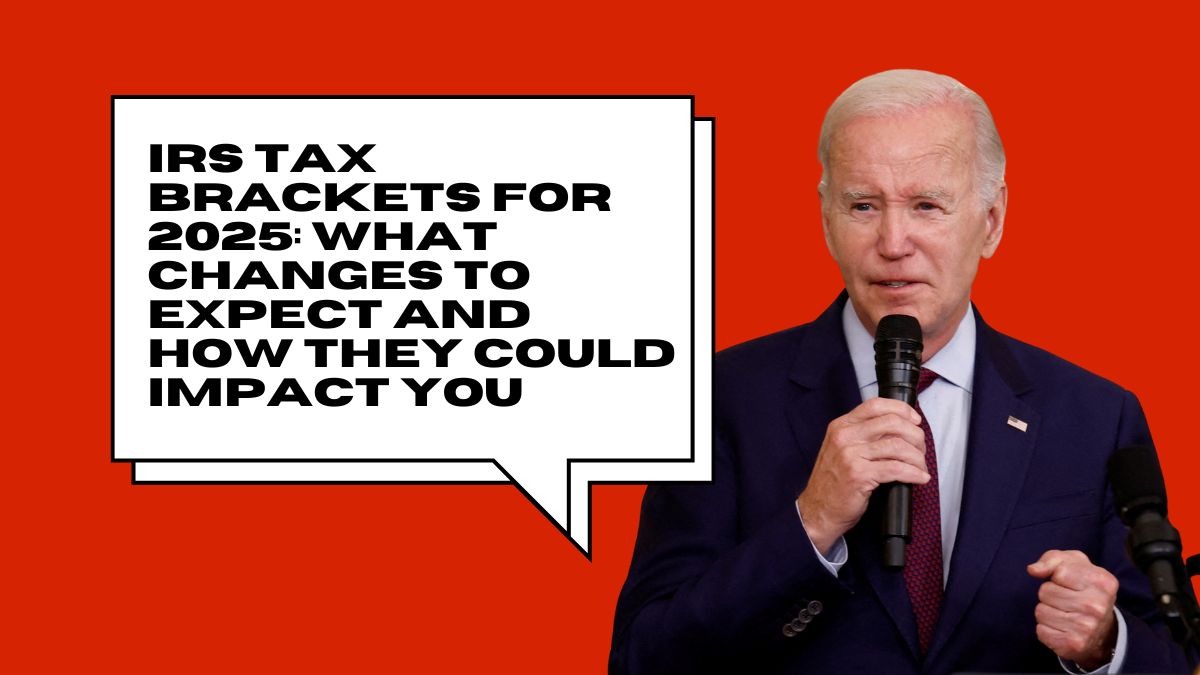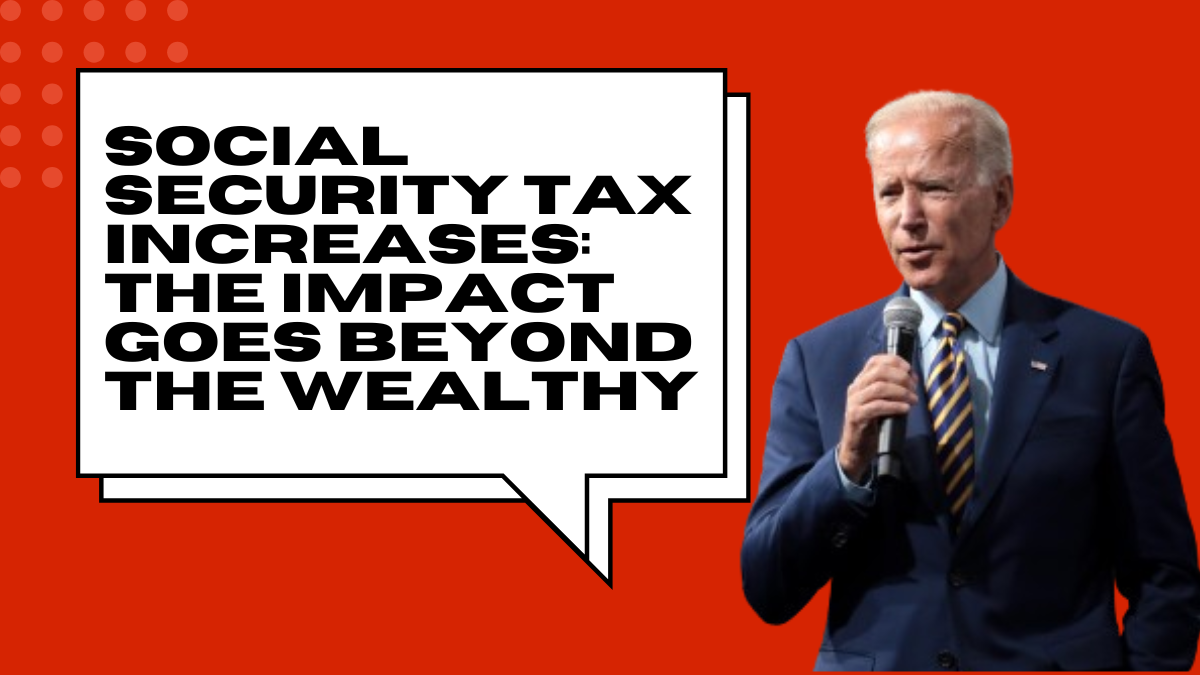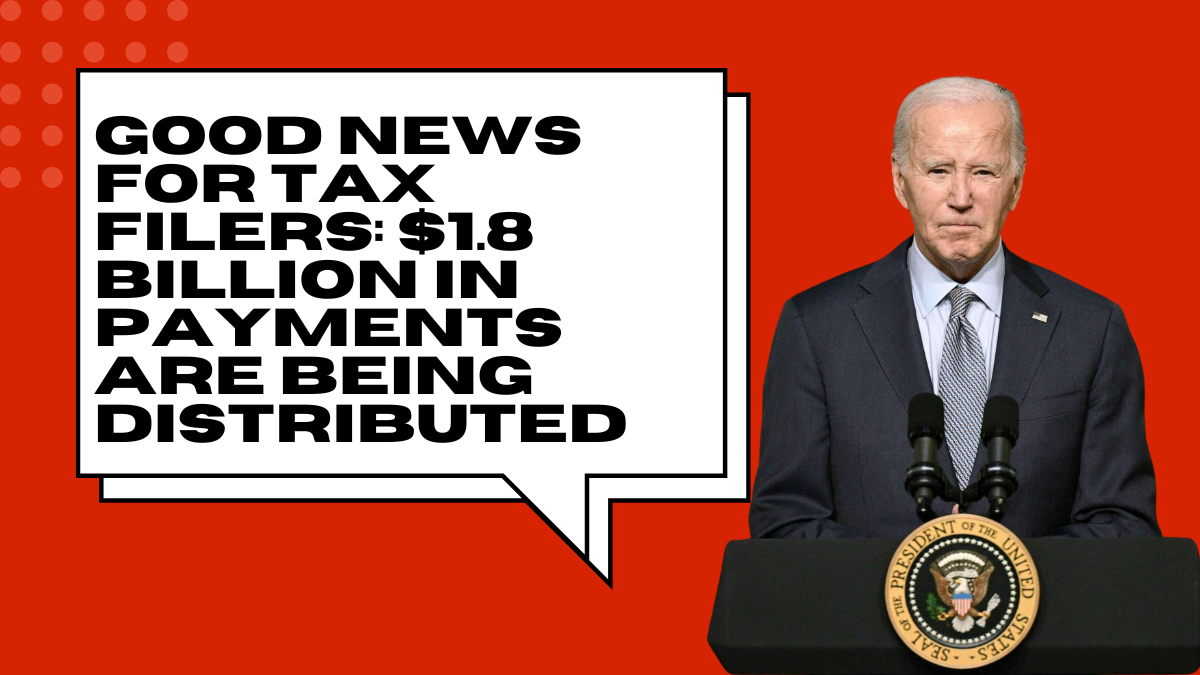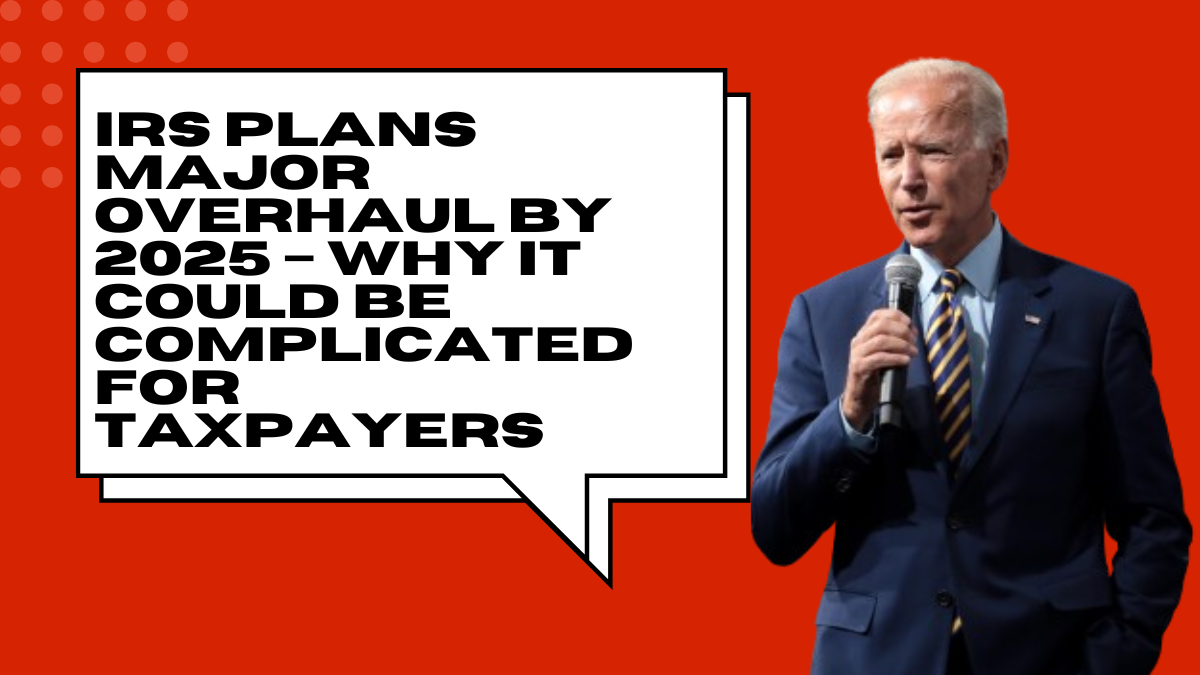The Internal Revenue Service (IRS) adjusts tax brackets annually to account for inflation, and the 2025 tax year is no different. Although the changes aren’t as drastic as in previous years, taxpayers should still expect significant updates, particularly in how their income is taxed.
Here’s a detailed look at what you can expect from the new IRS tax brackets in 2025, including income thresholds, deductions, and other key provisions.
Why IRS Tax Brackets Adjust Annually
Every year, the IRS adjusts federal tax brackets to keep pace with inflation, preventing what’s called “bracket creep.”
Without this adjustment, taxpayers would be pushed into higher tax brackets as a result of wage increases that don’t reflect real increases in purchasing power.
The IRS uses the chained Consumer Price Index (CPI) to determine these adjustments, a more refined measure that accounts for changes in consumer behavior and shifts in the cost of goods and services.
2025 IRS Tax Bracket Adjustments

For 2025, the IRS is expected to adjust tax brackets upward by 2.8%, a smaller increase than the 5.4% in 2024 and 7.1% in 2023. This adjustment reflects a gradual return to more typical inflation rates following the high inflationary period post-COVID.
Below is a projected table of tax brackets for 2025 based on current inflation estimates.
| Tax Rate | Single Filers | Married Filing Jointly | Head of Household |
|---|---|---|---|
| 10% | $0 – $11,925 | $0 – $23,850 | $0 – $17,000 |
| 12% | $11,925 – $48,000 | $23,850 – $96,950 | $17,000 – $72,000 |
| 22% | $48,000 – $103,000 | $96,950 – $206,500 | $72,000 – $155,000 |
| 24% | $103,000 – $185,000 | $206,500 – $366,000 | $155,000 – $306,000 |
| 32% | $185,000 – $420,000 | $366,000 – $450,000 | $306,000 – $480,000 |
| 35% | $420,000 – $523,000 | $450,000 – $628,000 | $480,000 – $600,000 |
| 37% | Over $523,000 | Over $628,000 | Over $600,000 |
Note: These figures are estimates and are subject to change when the IRS officially announces the 2025 tax brackets later in the year.
Key Changes to Expect in 2025
Standard Deduction Increase
In addition to adjusting tax brackets, the IRS is projected to increase the standard deduction in 2025, giving taxpayers more leeway to reduce their taxable income. The estimated increases are as follows:
- Single Filers: The standard deduction will rise to $15,000, up from $14,600 in 2024.
- Married Couples Filing Jointly: The deduction will increase to $30,000, up from $29,200 in 2024.
- Head of Household: Filers in this category can expect a standard deduction of $22,500, up from $21,900.
Capital Gains Tax Adjustments
Capital gains tax rates are also subject to adjustment, particularly for those selling investments. Long-term capital gains rates are expected to remain the same, but the thresholds for each rate will likely shift upward to accommodate inflation. This could result in less of your investment profits being taxed at higher rates.
Changes to Tax Credits
While the IRS hasn’t officially announced changes to tax credits for 2025, inflation typically impacts key credits such as the Earned Income Tax Credit (EITC) and the Child Tax Credit (CTC).
For instance, the EITC helps low-income workers reduce their tax liability, and these credits often see annual inflation adjustments.
How These Changes Will Affect Your Taxes
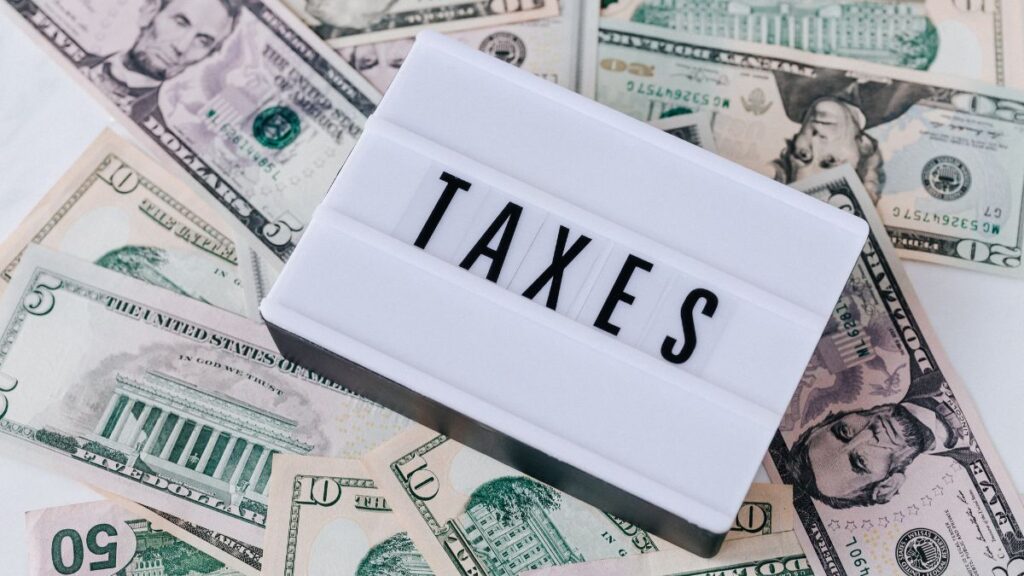
- Higher Tax Brackets: With higher thresholds for each tax bracket, taxpayers will benefit by being able to earn more without being pushed into a higher tax rate. For example, a single filer earning $48,000 in 2025 will likely face a top marginal rate of 12%, compared to 22% in previous years.
- Standard Deduction Increase: The higher standard deduction will allow more of your income to go untaxed, lowering your overall taxable income.
- Impact on Tax Planning: The smaller inflation adjustment for 2025 means that, while your taxes may slightly decrease, the effect won’t be as pronounced as in 2023 and 2024, when larger inflationary pressures led to bigger changes.
Tax Planning Tips for 2025
Although the tax brackets for 2025 won’t take effect until January 2025, there are several strategies you can implement to take full advantage of these changes:
- Adjust Your Withholding: If you expect your income to increase, adjusting your withholding can help you avoid a surprise tax bill in 2026. Use the IRS Withholding Estimator to calculate the right amount.
- Maximize Tax-Deferred Accounts: Contributing to tax-deferred accounts like a 401(k) or IRA can lower your taxable income. With higher tax bracket thresholds, this strategy becomes even more beneficial.
- Consider Charitable Donations: If you’re looking for ways to reduce your tax bill, charitable donations made before the end of 2024 can lower your taxable income, especially if you’re close to a higher tax bracket.
Conclusion
The IRS tax brackets for 2025 will bring modest changes compared to previous years, with a projected 2.8% increase in income thresholds. These adjustments, along with higher standard deductions, offer taxpayers more room to shelter income from taxes.
By planning ahead and understanding how these changes impact your financial situation, you can optimize your tax strategy for the coming year.
FAQs
1. How are the 2025 tax brackets different from 2024?
The 2025 tax brackets are projected to increase by 2.8%, which is a smaller adjustment compared to the 5.4% increase in 2024. This change will allow taxpayers to earn more without being bumped into a higher tax bracket.
2. What is the standard deduction for 2025?
The standard deduction is projected to rise to $30,000 for married couples filing jointly, $15,000 for single filers, and $22,500 for head of household filers.
3. Will capital gains tax rates change in 2025?
While the rates are expected to remain the same, the income thresholds for long-term capital gains may adjust for inflation, reducing the tax burden on some taxpayers.
4. What is “bracket creep,” and how does inflation affect it?
Bracket creep occurs when inflation pushes taxpayers into higher tax brackets, even though their purchasing power remains the same. The IRS adjusts tax brackets annually to prevent this issue.
5. How can I lower my taxable income for 2025?
Maximizing contributions to tax-deferred accounts like 401(k)s, making charitable donations, and adjusting your withholding are effective strategies to reduce taxable income.
References
- Taxes for Expats, “IRS to Adjust 2025 Tax Brackets: What to Expect”
- Clear Start Tax, “What to Expect from the 2025 IRS Tax Brackets?”
- CBS News, “IRS Tax Bracket Updates for 2025: Inflation Adjustment Projections”
- Bloomberg Tax, “Projected 2025 U.S. Tax Rates and Brackets”
